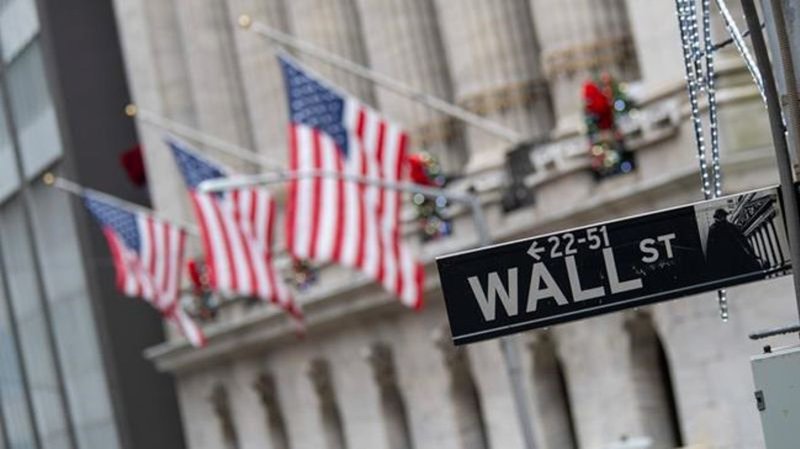
US household wealth hits record even as economy struggles
WASHINGTON — Americans’ household wealth rebounded last quarter to a record high as the stock market quickly recovered from a pandemic-induced plunge in March. Yet the gains flowed mainly to the most affluent households even as tens of millions of people endured job losses and shrunken incomes.
The Federal Reserve said Monday that American households’ net worth jumped nearly 7% in the April-June quarter to $119 trillion. That figure had sunk to $111.3 trillion in the first quarter, when the coronavirus battered the economy and sent stock prices tumbling.
Since then, the S&P 500 stock index has regained its record high before losing some ground this month. It was up 2.8% for this year as of Friday. The tech-heavy Nasdaq has soared more than 20% this year.
The full recovery of wealth even while the economy has recovered only about half the jobs lost to the pandemic recession underscores what many economists see as America’s widening economic inequality. Data compiled by Opportunity Insights, a research group, show that the highest-paying one-third of jobs have almost fully recovered from the recession, while the lowest-paying one-third of jobs remain 16% below pre-pandemic levels.
